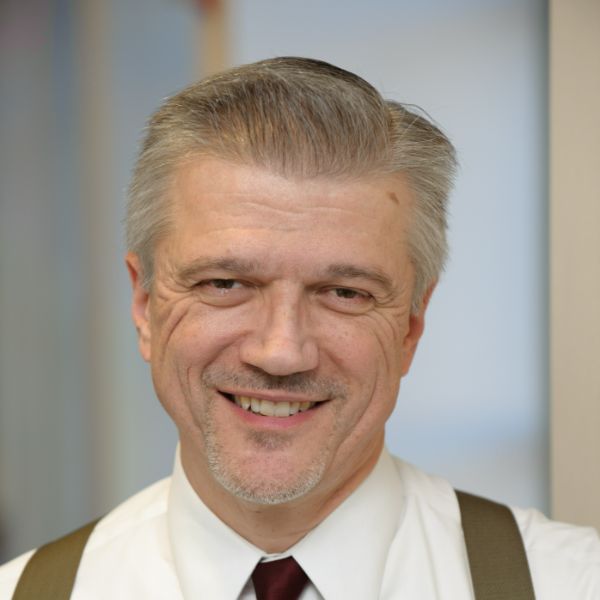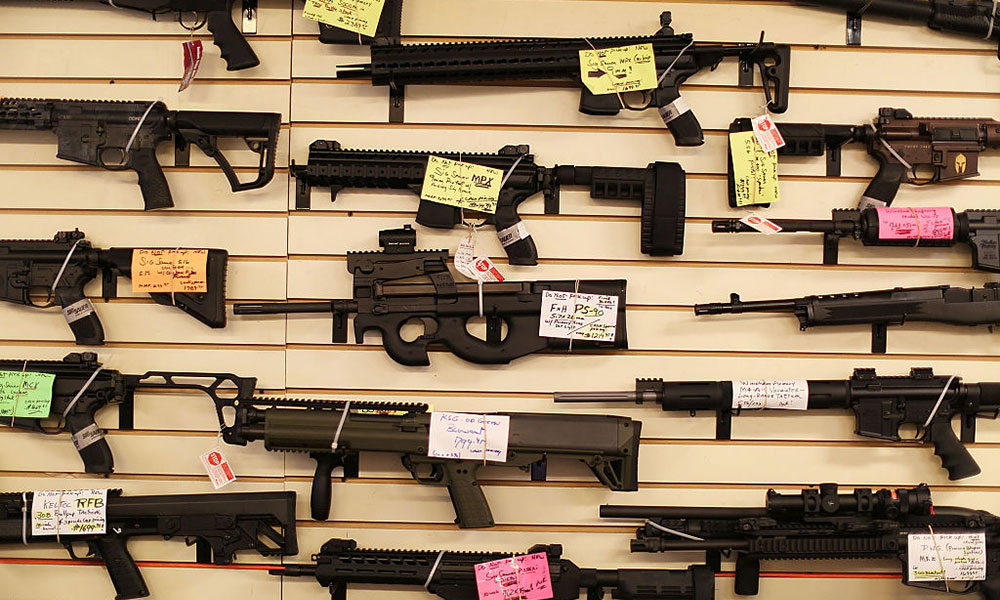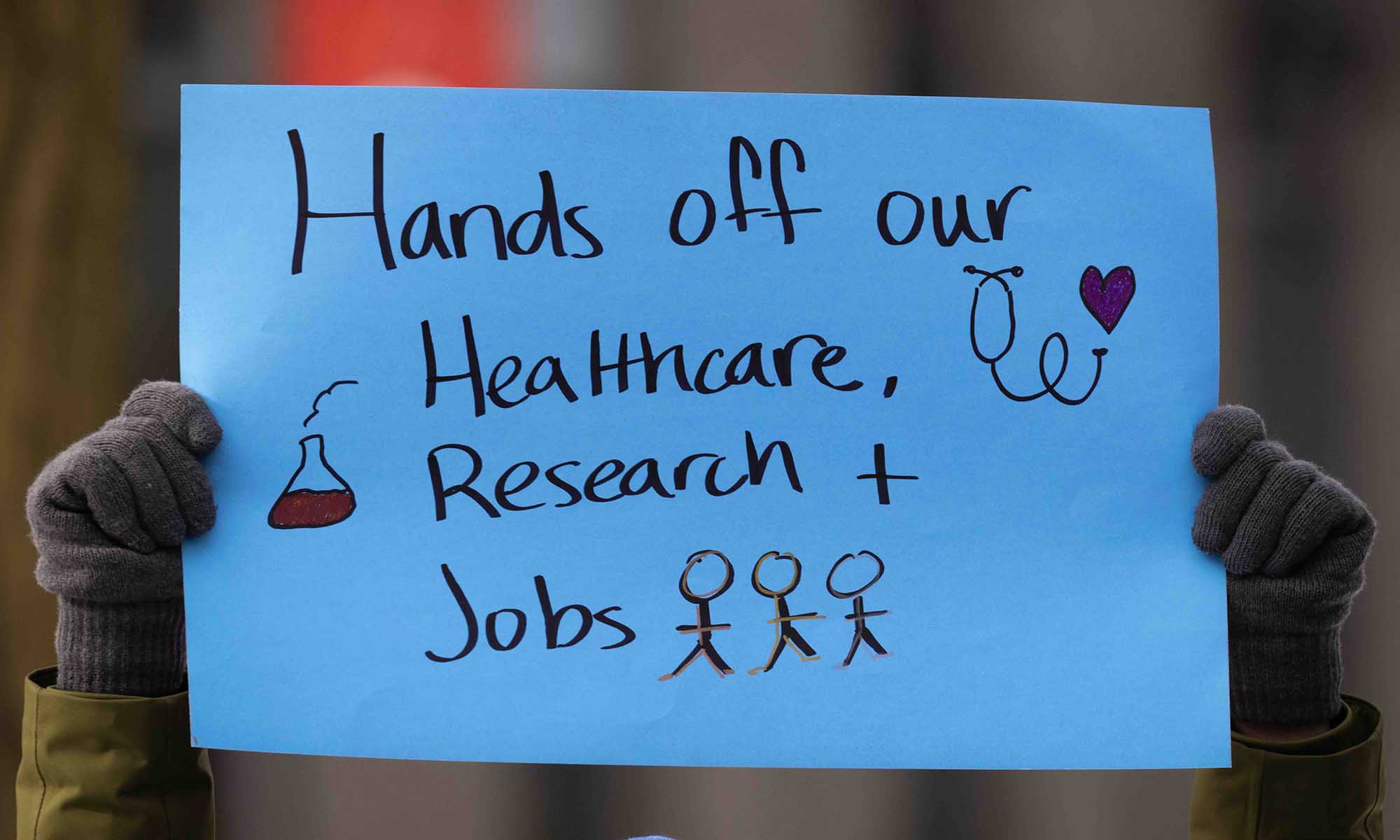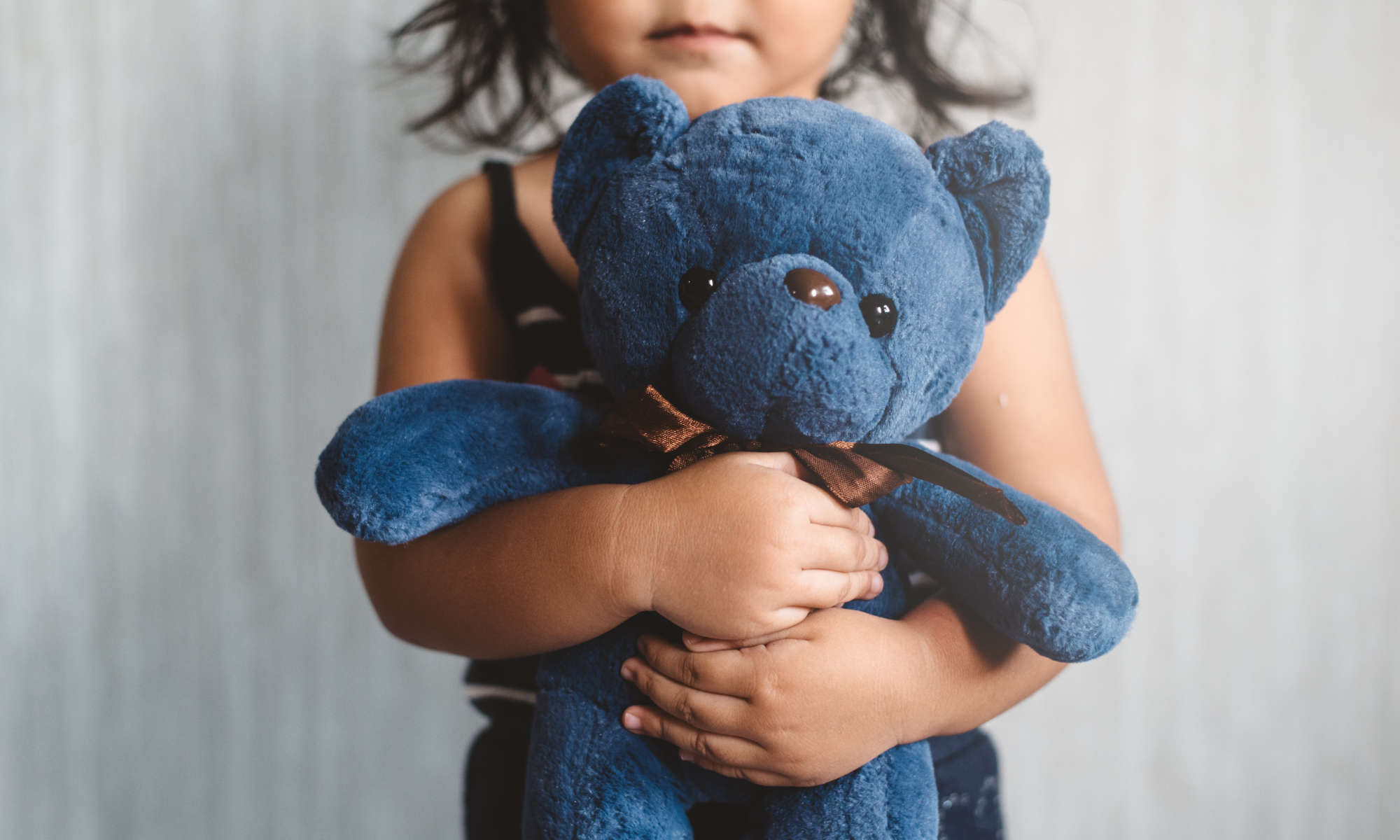Scholars from Harvard, Duke, Johns Hopkins, and other major institutions will meet at the University of Rochester this week to explore gun culture in the United States. Assistant Professor of Anthropology Kathryn Mariner is one of the organizers of the symposium, titled “The Social Life of Guns,” intended to spur more research on guns and gun violence.
“There’s been surprising little of research on the topic, given its prevalence and severity, largely due to a lack of federal funding,” says Mariner. “Specifically, the 1997 Dickey Amendment, named for Rep. Jay Dickey of Arkansas, had effectively prevented the National Centers for Disease Control and Prevention from examining the issue of gun violence.”
The symposium will be held Thursday and Friday, March 29-30. The event is free and open to the public.
The Parkland shooting has placed gun violence in the national spotlight in the past month, but your work on this symposium began much earlier. What inspired it?
“Social Life of Guns”
March 29, 2018 – March 30, 2018
Rush Rhees Library
This two-day interdisciplinary research symposium at, sponsored by the Humanities Center, examines what guns mean and how guns matter in the contemporary United States.
This event is free and open to the campus community and the public.
A working group came together last year because some faculty were concerned about the arming of campus safety officers. We wanted to think a little more about safety and danger—specifically, how different people are affected, as well as the University’s relationship to the surrounding community. A security commission was put together, and there were a number of very charged town hall meetings. Many of the critiques had to do with making policy decisions about arming officers, despite a dearth of data suggesting that guns would increase safety.
The symposium is not about the arming of campus security. That was just the thing that got us thinking about the broader issue.
Do you think there’s any common ground in the debate over guns?
Given the number of mass shootings we’ve experienced, particularly in schools, I think everyone can agree that we are in a state of emergency. But the symposium is not just about mass shootings or active shooters—the things that are very present in our minds right now. We’ll have people talking about domestic violence, issues of race and gender, the use of guns during the civil rights movement. The point of the symposium is to get people representing the many facets of the gun control and gun violence debate in one room together, thinking about all of those things at once, rather than just focusing on active shooters or mass shootings or gang violence as singular issues.
Is it your hope that the institutions represented at the symposium and beyond will start gathering and generating data?
Yes, and it’s also our hope that the work will be more collaborative and interdisciplinary. This work is already being done at some institutions. For instance, Johns Hopkins and RIT have centers that research gun violence and public safety, and the University of California is about to have the first state-funded research center that looks specifically at gun violence. So it seems that there is a turning of the tide in support of this kind of research.
What academic disciplines will be represented at the symposium?
We’ll have scholars from philosophy, history, anthropology, sociology, and public health, among others, bringing the tools of their respective disciplines to bear on this problem. There will also be a screening of Move, a documentary examining the aftermath of the local Boys and Girls Club shooting in 2015, and a student audio project installation exploring the relationship between safety and community on campus.





